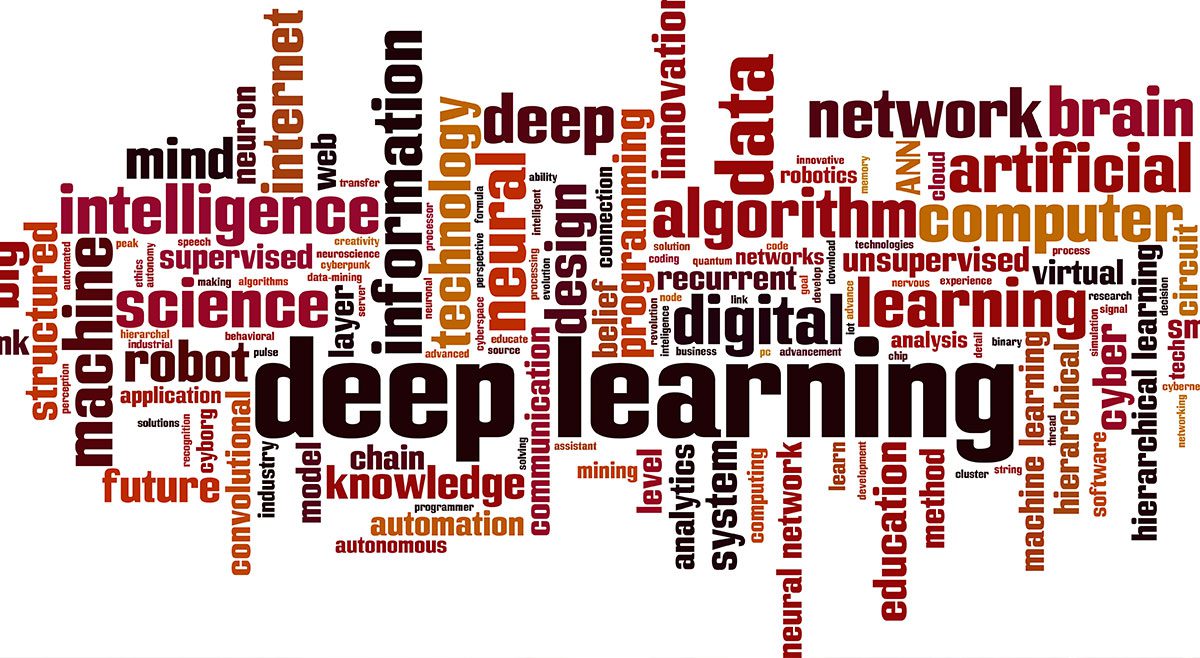Lev Vygotsky was a seminal thinker in the area of psychology who argued that the well-being and intensity of mental activity are key to the power of the learning environment. Specifically, he suggested that ” deep level learning” is only possible when children are actively engaged in their learning. This idea has been incredibly influential in education, with many theorists and practitioners suggesting that classrooms should be designed to promote engagement. However, it is important to note that engagement is not simply about keeping children busy. Rather, it is about ensuring that children are actively involved in the material, feeling challenged and motivated to learn. When done correctly, engagement can lead to transformative learning experiences that children will remember for years to come.
When it comes to learning, there is no “one size fits all” approach. Children learn in different ways and at different speeds. Some children are visual learners, while others are more auditory or kinaesthetic. And while some children are “early bloomers” who pick up new skills quickly, others take a little more time to master new concepts. As a result, we believe in the unique child and as a result, the Willows Way differentiates instruction and provides a variety of learning experiences to meet the needs of each child.
The Willows Way “deep level learning.” has been shown to be effective for all children. Our approach focuses on helping children understand concepts at a deeper level, rather than simply memorizing facts and procedures. For example, rather than teaching children the steps for adding two numbers, our deep-level learning approach focuses on helping children understand what addition is and how it works. This might involve using the continuous provision to model addition, or having children work on problem-solving tasks that require them to use addition in creative ways. Research has shown that deep-level learning helps children retain information better and perform better on assessments.
Differentiated teaching that utilizes deep-level learning is an effective way to meet the needs of all children. By focusing on understanding rather than memorisation, deep-level learning can help all children succeed.
At Willows we place great emphasis on our children achieving high well-being. Happy children are at ease and act spontaneously. They are open to the world and approachable. The child will express inner rest and relaxation. They will show vitality and radiate joy. A happy child is a healthy child. When children feel good about themselves, they are more likely to take care of their bodies and minds. They eat better, sleep better, and have stronger immune systems. When children feel good, they do good. They learn better, think better, and behave better. When children have high well-being, they have the foundation they need to thrive in life.
When children are young, they are like sponges soaking up everything around them. They are constantly exploring and learning about the world. Therefore it is so important to provide them with opportunities to learn. When children are given the chance to explore and discover new things, they will be motivated and fascinated. They will be mentally active, fully experiencing sensations and meanings. They will be operating at the very limits of their capabilities. Because of this, we know that deep-level learning will be taking place. By providing children with rich learning experiences, we can help them develop into lifelong learners.



